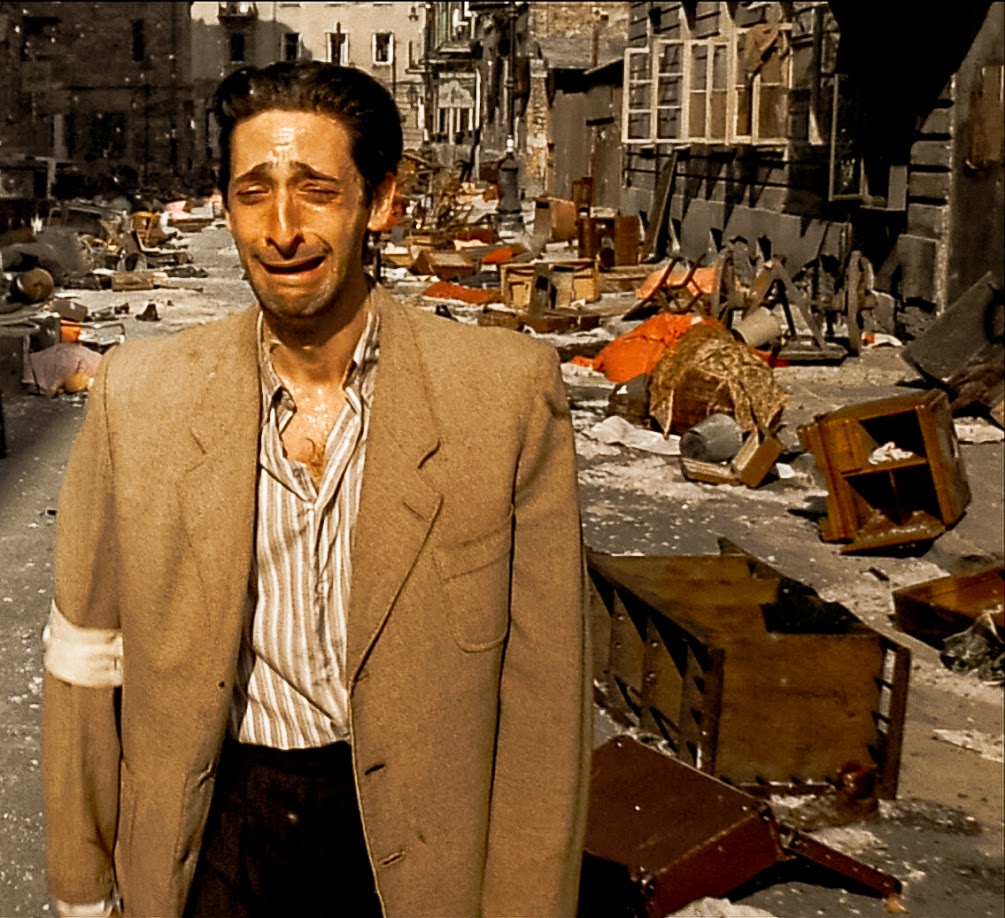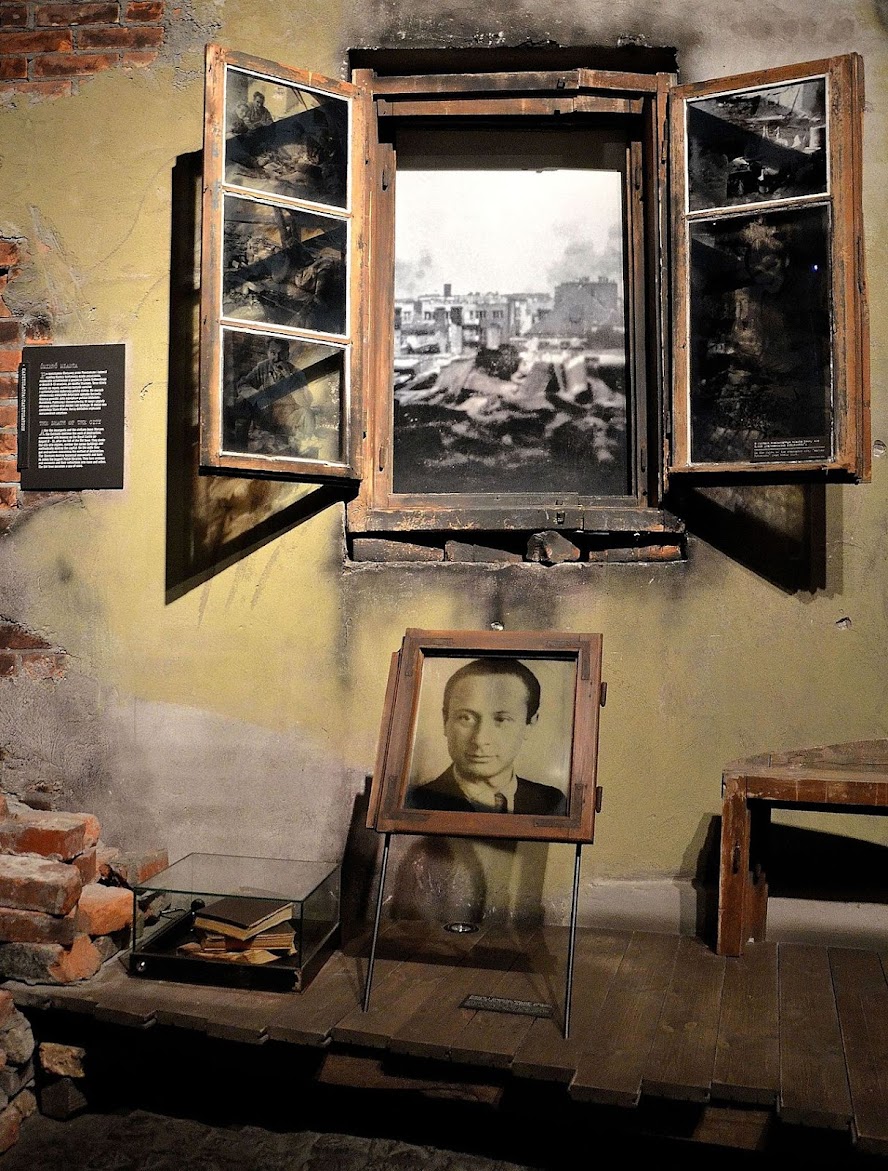_
Hope
Links
- Get link
- X
- Other Apps
The pianist (2002)
The title is an understatement, and so is the film. Roman Polanski's "The Pianist" tells the story of a Polish Jew, a classical musician, who survived the Holocaust through stoicism and good luck. This is not a thriller, and avoids any temptation to crank up suspense or sentiment; it is the pianist's witness to what he saw and what happened to him. That he survived was not a victory when all whom he loved died; Polanski, in talking about his own experiences, has said that the death of his mother in the gas chambers remains so hurtful that only his own death will bring closure.
By showing Szpilman as a survivor but not a fighter or a hero--as a man who does all he can to save himself, but would have died without enormous good luck and the kindness of a few non-Jews--Polanski is reflecting, I believe, his own deepest feelings: that he survived, but need not have, and that his mother died and left a wound that had never healed.
Survival during the Holocaust
Władysław Szpilman and his family, along with all other Jews living in Warsaw, were forced to move into a "Jewish quarter" – the Warsaw Ghetto – on 31 October 1940. Once all the Jews were confined within the ghetto, a wall was constructed to separate them from the rest of the Nazi German-occupied city. Szpilman managed to find work as a musician to support his family, which included his mother, father, brother Henryk, and two sisters, Regina and Halina.[4] He first worked at the Nowoczesna Cafe, where the patrons sometimes ignored his playing in order to conduct business, as he recalled in the memoir.[5]
Szpilman later played in a cafe on Sienna Street and after 1942 in the Sztuka Cafe on Leszno Street as well. In these last two cafes he performed chamber music with violinist Zygmunt Lederman, performed in the piano duo with Andrzej Goldfeder, and played with other musicians as well.[6]
Everyone in his family was deported in 1942 to Treblinka, an extermination camp within German-occupied Poland roughly 80.5 km (50.0 mi) northeast of Warsaw. A member of the Jewish Police assisting in deportations, who recognized Szpilman, pulled him from a line of people—including his parents, brother, and two sisters—being loaded onto a train at the transport site (which, as in other ghettos, was called the Umschlagplatz). None of Szpilman's family members survived the war. Szpilman stayed in the ghetto as a labourer,[7] and helped smuggle in weapons for the coming Jewish resistance uprising. Szpilman remained in the Warsaw Ghetto until 13 February 1943, shortly before it was abolished after the deportation of most of its inhabitants in April–May 1943.
Szpilman found places to hide in Warsaw and survived with the help of his friends from Polish Radio and fellow musicians such as Andrzej Bogucki and his wife Janina, Czesław Lewicki, and Helena Lewicka supported by Edmund Rudnicki, Witold Lutosławski, Eugenia Umińska, Piotr Perkowski, and Irena Sendler. He evaded capture several times. Beginning in August 1944, Szpilman was hiding out in an abandoned building at Aleje Niepodległości Street 223. In November, he was discovered there by the German officer, Captain Wilm Hosenfeld. To Szpilman's surprise, the officer did not arrest or kill him; after discovering that the emaciated Szpilman was a pianist, Hosenfeld asked him to play something on the piano that was on the ground floor. Szpilman played Chopin's Nocturne No. 20 in C♯ minor.[8] After that, the officer brought him bread and jam on numerous occasions. He also offered Szpilman one of his coats to keep warm in the freezing temperatures. Szpilman did not know the name of the German officer until 1951. Despite the efforts of Szpilman and the Poles to rescue him, Hosenfeld died in a Soviet prisoner of war camp in 1952.[2][9]















.jpg)